
Bradford Cooke is Chief Executive Officer of Endeavour Silver Corp. Mr. Cooke is a professional geologist and entrepreneur with 40 years of experience in the mining industry. He has specialized in the formation, management and financing of exploration and mining companies, and the acquisition, exploration, development and mining of mineral properties.
Mr. Cooke founded Endeavour Silver Corp. in 2003 for the purpose of acquiring high-grade silver-gold projects in Mexico. Since that time, the company has acquired, rebuilt and expanded three silver-gold mines in Mexico, and made a new discovery with the potential to become Endeavour’s fourth mine. Mr. Cooke began his career as Project Geologist in 1976 managing mineral exploration programs for uranium, base metals and precious metals across Canada with Noranda Mines, Shell Minerals and Chevron Minerals.
He later owned and operated Cooke Geological Consultants Ltd., discovering several high-grade gold vein deposits for clients in British Columbia from 1983 to 1987. In 1988, Mr. Cooke launched Canarc Resource Corp., a junior gold exploration and mining company focused on exploring and developing prospective gold properties in the Americas. Canarc successfully delineated a 1.15 million-ounce gold resource at its core asset, the New Polaris gold mine project in British Columbia.
Mr. Cooke received a B.S. geology degree with honors from Queens University in 1976 and an M.S. geology degree from the University of British Columbia in 1984. He is a member in good standing of the Association of Professional Engineers and Geoscientists of British Columbia, The Canadian Institute of Mining and Metallurgy, The Prospectors and Developers Association of Canada, the Association of Mineral Exploration in BC and a fellow of the Geological Association of Canada.
In this exclusive 3,208 word interview with the Wall Street Transcript, Mr. Cooke details the upside for his company:
“We are in the final stages of commissioning our fourth mine to grow our production year on year. But most exciting is our fifth mine, where we’re in the final stages of permitting and financing. It’s called Terronera, and it will also be a high-grade underground silver-gold mine located in Mexico. At full capacity, it will not only be our largest mine, it will be our lowest-cost mine.”
Read the entire 3,208 word interview in the Wall Street Transcript to get the full picture of the upside for Endeavour Silver.
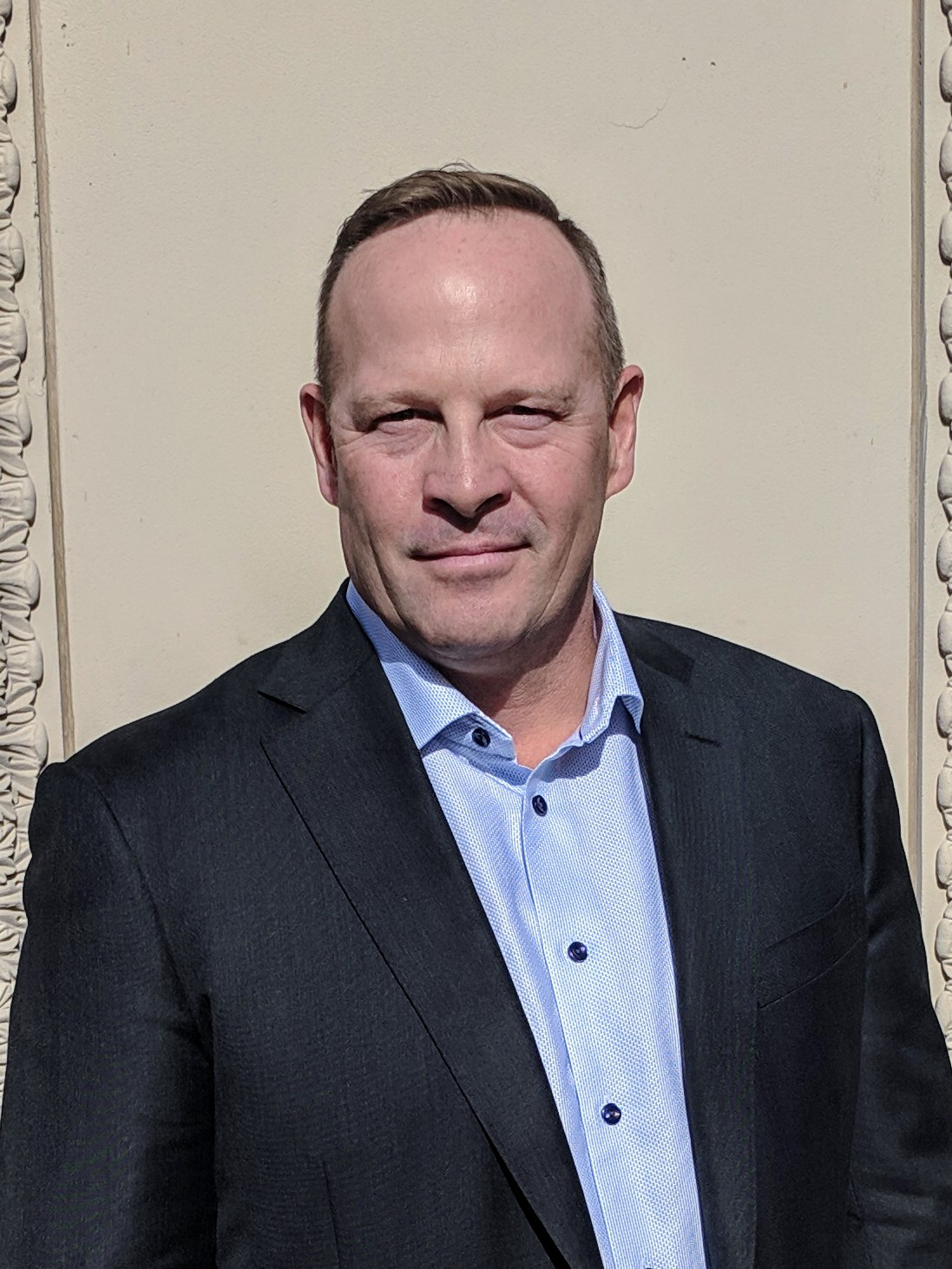
John W. Seaberg is Executive Chairman of Paramount Gold Nevada Corp. Mr. Seaberg has over 25 years of experience in the mining industry spanning a wide array of positions with a focus on capital markets and strategic relationships. Mr. Seaberg completed a Bachelor of Science and Business Administration at Colorado State University, which he followed up with a Master of Business Administration from the University of Denver. Mr. Seaberg was appointed to the board in June 2018 and serves as the board’s Executive Chairman.
From 2015 to 2018, Mr. Seaberg acted as Senior Vice President, Strategic Relations for Klondex Mines and was responsible for executing the company’s global investor relations strategy. In his 10 years with Newmont Mining from 2003 to 2013, the world’s second-largest gold producer, Mr. Seaberg served several roles, including Vice President of Investor Relations and Director of Corporate Development. Prior to his tenure with Newmont, Mr. Seaberg spent six years with Apex Silver Mines Corporation, a silver producer, serving as Controller and Treasurer.
In this exclusive 3,281 word interview in the Wall Street Transcript, Mr. Seaberg details the investment thesis for his company.
“…If you look at where Grassy Mountain resides, it’s in eastern Oregon. It’s in one of the most environmentally benign areas in the state, and from a mine standpoint, it’s an ideal location. It looks a lot like northern Nevada. When people envision Oregon, I think a lot of our investors envision the western part of the state, full of rivers, streams and lakes, and is extremely lush with vegetation. But in eastern Oregon, it’s quite the opposite, a very arid terrain with very little wildlife and so an ideal place for a mine.”
Mr. Seaberg clearly sees his company as undervalued:
“I think from a valuation standpoint, Paramount has a market cap of roughly $30 million. Grassy Mountain alone at $1,300 gold has an NPV of $88 million. That said, we’re trading at roughly just a third of Grassy Mountain’s valuation, and we’re getting zero value for Sleeper, an asset which I believe is going to surprise a lot of people in the future. So now is a very good time to get into the Paramount name.”
Get all the details by reading the complete 3,281 word interview in the Wall Street Transcript.
Copper (Cu), Zinc (Zn) and Nickel (Ni) are three metals discussed by inside professionals in this new sector report from the Wall Street Transcript.
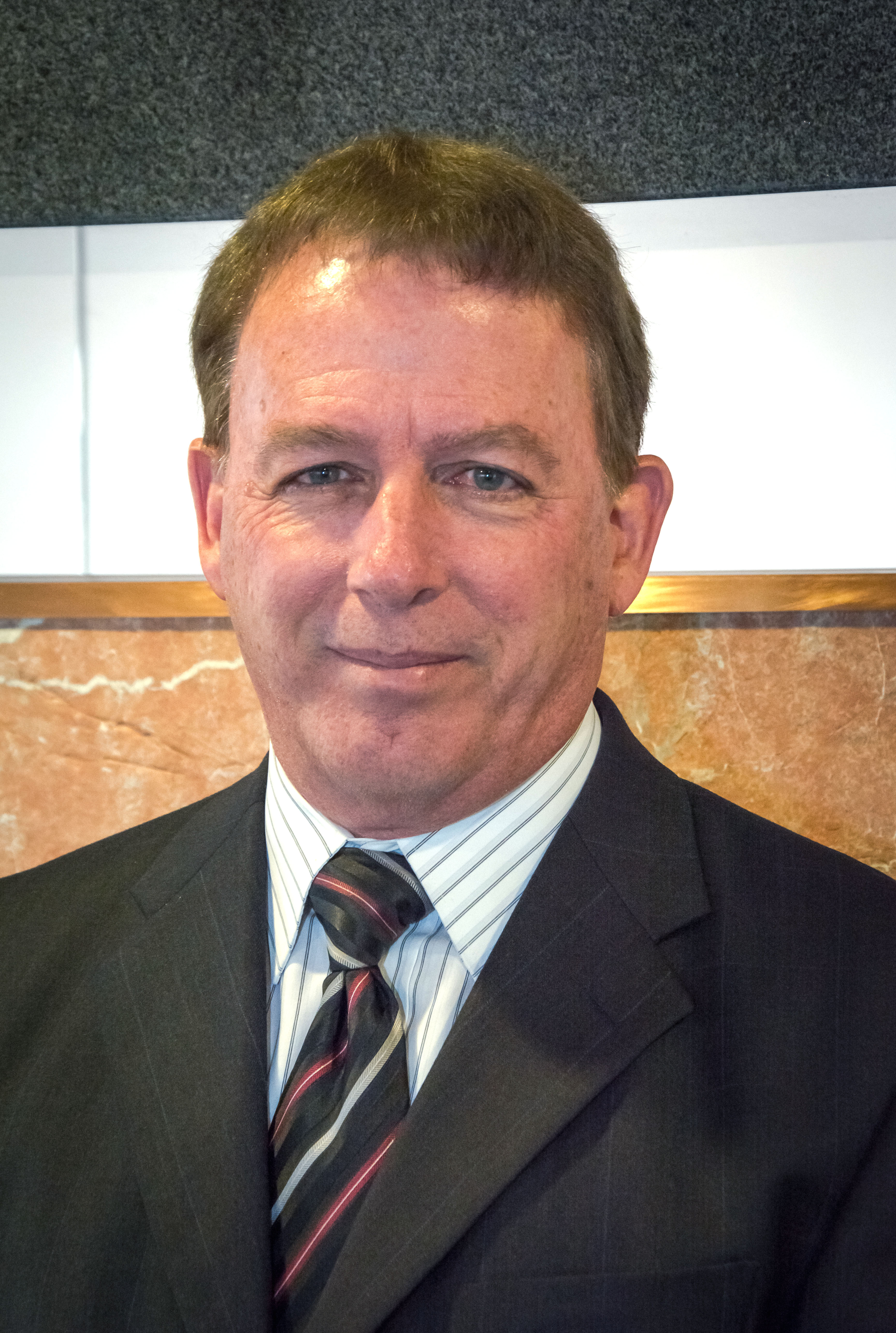
In his exclusive 2,308 word interview, Raul Jacob, Vice President, Finance, Treasurer and Chief Financial Officer of Southern Copper Corporation and Director of Controller and Finance of Southern Peru, discusses the upside for his company. Recently, he was also Vice President of the Peruvian National Mining, Oil and Energy Association and President of its mining chapter. He is currently a copper bull:
“It is not that supply is decreasing, but it’s not growing at the rate that is required for demand. Demand is growing at a healthy rate, a little bit north of 2.5% worldwide for this year. However, supply is not catching up at that pace for the number of projects that are being developed and the amount of copper that they will bring to the market in the next few years. So given the pace for demand, in the next few years, we will face a deficit in the copper market.”
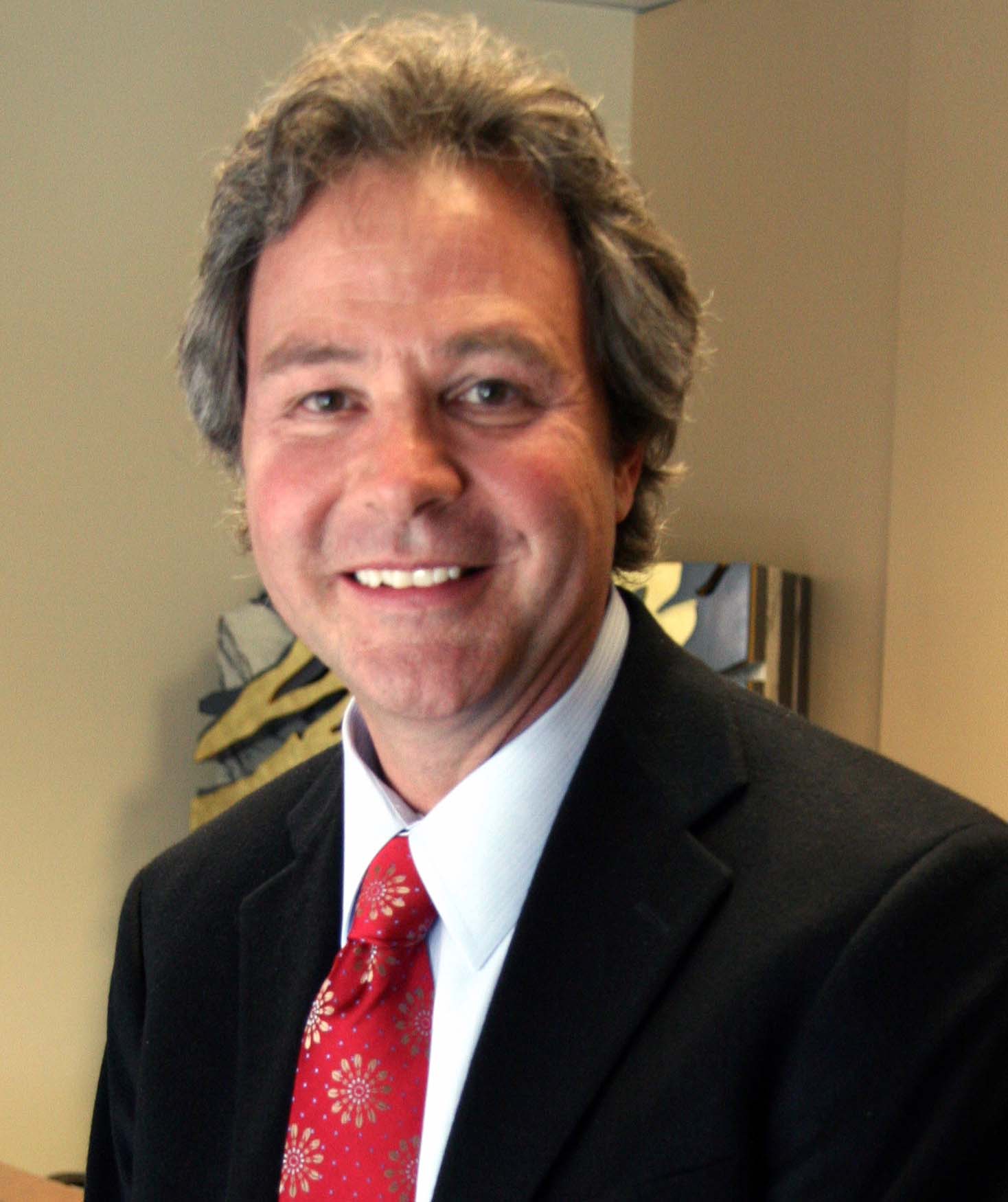
In his 2,778 word interview, Christopher E. Herald, the CEO, President and Director of Solitario Zinc Corp. is excited about the near term prospects for his company. Mr. Herald has over 40 years of experience in the mining industry. He was responsible for the formation of Solitario in 1992 and has directed the company since then. He has held various exploration geology positions in Anaconda Minerals, Echo Bay Mines and management positions in Crown Resources during his career.
“We saw an opportunity where the zinc space was being neglected, and there weren’t any new mines that were being brought into production during that period. So we thought it would be a really good strategy to move into a metal that was underappreciated. And we believe the zinc uptrend is going to continue.
It’s close to balance right now, but still somewhat in deficit, and world demand continues to grow. There are only a couple of new zinc mine expansions in the world today, certainly not enough to fill the gap of a continued growth rate, as well as a continuation of some mines shutting down. So there has been a kind of perfect storm for the metal.”

Stefan Ioannou, Ph.D., is Analyst of Cormark Securities Inc. Dr. Ioannou is a mining engineer and holds a Ph.D. in economic geology from the University of Toronto. He joined Cormark in December 2016, working in equity research for 13 years with Haywood Securities — base metals analyst since 2006. Prior to that, Dr. Ioannou worked as an exploration geologist in Nevada and throughout the Canadian Shield. In his 3,417 word interview, exclusive to the Wall Street Transcript, Mr. Ioannou cautions investors:
“I think the one pitfall in terms of the electrical vehicle narrative is adoption time, especially in the context of near-term market patience. For example, we saw nickel move significantly higher through the latter half of last year and the first half of this year on speculation that nickel is going to play a significant role in the battery chain…However, we are still several years away from seeing nickel-specific battery technology translate into meaningful new consumption demand for the metal.”
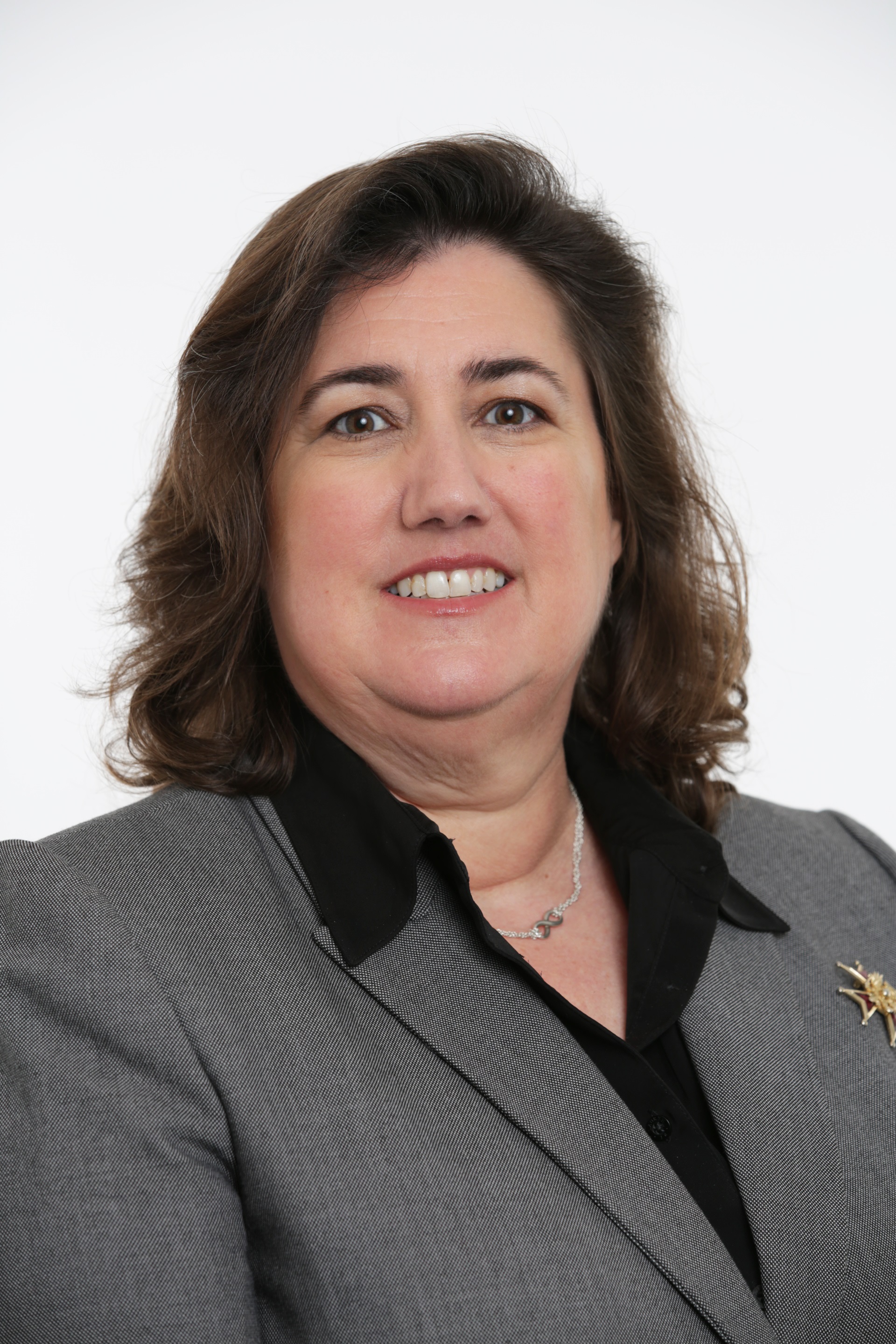
Kimberly C. Friedricks is Managing Director of Fixed Income at Kayne Anderson Rudnick. Before joining Kayne Anderson Rudnick in 1998, Ms. Friedricks was responsible for management of fixed income trading, fundamental research and portfolio management, specializing in municipal-credit analysis for a specialty-management firm in Beverly Hills, California. Ms. Friedricks attended the University of Southern California and is a member of the California Society of Municipal Analysts.
In this exclusive 3,329 word interview in the Wall Street Transcript, Ms. Friedricks explains the basis for her current top portfolio picks.
“We’re seeing huge demand. We’ve seen a great deal of demand on the taxable side, particularly in the short end, and for a very long time in the high yield area on the municipal side. We’ve been seeing tremendous demand with very few breaks, you might say, since the change in the tax policy.
So when the new tax rules went into effect and we lost the state and local tax deduction — with a limit now of $10,000 — that changed the approach to portfolios for many people, many of the higher earners, higher taxpayers. So we’re seeing a huge amount of demand, particularly in California on the muni side.”
The Fed’s interest rate position is driving her decision making:
“One of the things that we’re really focusing on right now is the very short end of the curve. If we’re looking at taxable portfolios, or thinking IRA rollovers or pension plans, we’re very close to 3%. The two-year yield is at 2.91%; the five-year yield is at 3.03%. Then, we see that from the five-year portion to the 30-year yield is a difference of 40 basis points. So that makes no sense at all.
What we’re focusing on very much right now, as are many advisers, is the much shorter — the three-year and under — portion of the curve…”
To get all the details from Kimberly Friedricks, visit the Wall Street Transcript.
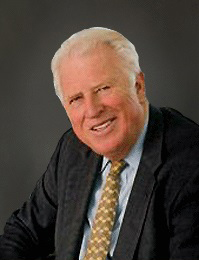
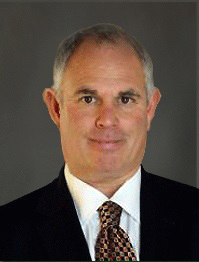
Roland Underhill is Principal Managing Director at Underhill Investment Management, LLC. He joined Underhill Investment Management, LLC in 2009 after more than 45 years in the investment business in Los Angeles, New York and Marin County, California.
He was a general partner with Lateef Investment Associates from 1994 to 2007, during which time firm assets rose from $189 million to over $5 billion.
From 1991 to 1994, Mr. Underhill was a principal and senior vice president at Van Kasper Securities, a San Francisco-based brokerage firm, where he did research, brokerage, corporate finance and managed the Los Angeles office. In 1989 and 1990, he was a principal and co-founder of Wilkinson & Underhill, a small Los Angeles investment management firm.
From 1985 to 1989, Mr. Underhill helped manage Concord Partners, the venture capital arm of Dillon Read & Co. Mr. Underhill earned a B.S. in accounting and finance from UCLA where he was a three-year letterman on the UCLA basketball team under legendary coach John Wooden.
Benjamin Miller is Managing Director at Underhill Investment Management, LLC. He joined Underhill Investment Management as an investment professional in the fall of 2013 with over 20 years’ experience in the investment industry.
Prior to joining Underhill Investment Management, Mr. Miller was a portfolio manager with Seasons Capital and Millennium Management. Mr. Miller earned a B.A. in economics from Oberlin College. He lives in San Francisco with his wife and two daughters.
In this 2,886 word interview, these two award winning California portfolio managers detail their portfolio picks and rationale for investors.
“…We try to pride ourselves on being able to historically find really outstanding companies that we can ride and ride and ride and let the managements of those companies do the heavy lifting, rather than us trying to do the acrobatics of getting in and getting out and market timing and all that stuff. And you find these things that will just go on for years compounding. When I say the taxable aspect of it — compounding essentially tax-free or at least on a deferred basis for years and years.”
Get the details on these top picks from the John Wooden coached Roland Underhill and Benjamin Miller in this 2,886 word interview in the Wall Street Transcript.
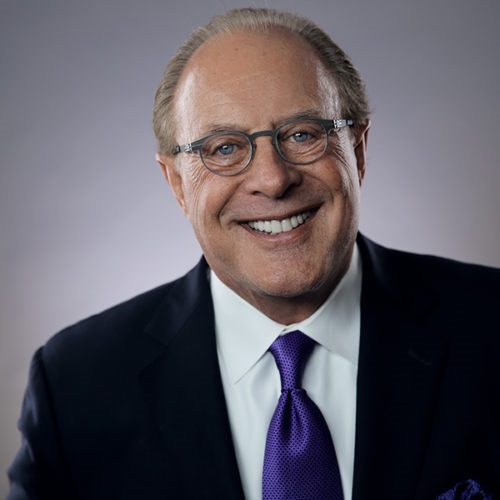
Mark E. Eveans, CFA, CIC, is President, Chief Investment Officer and Senior Portfolio Manager at Meritage Portfolio Management. Mr. Eveans is a founding Principal of Meritage. He serves as the lead manager of the Meritage Value Equity strategy, supports the Yield-Focus and Small Cap Value Equity strategies, and drives the firm’s overall investment philosophy.
Mr. Eveans has over 40 years of experience managing institutional and private portfolios, preceded by four years as an institutional security analyst. A past President of the Kansas City Society of Financial Analysts, he currently serves on the national board of governors of the Investment Advisors Association, the independent industry’s leading trade association. He received his BBA and MSA in finance from Wichita State University with honors.
In this 3,694 word interview in the Wall Street Transcript, Mr. Eveans details his investing philosophy and focuses on several top picks in his current portfolio.
“When you look at our philosophy and focus over these many years, what you find is that we’re bottom-up, stock-by-stock value investors. We are driven by a very robust quantitative ranking process that has been in constant improvement backtesting and real-time testing for over 20 years.
“We use proprietary algos to continuously rank over 6,000 securities worldwide. Long story short, the process boils down to about 200 securities in any point in time that we deem to be quantitatively attractive for purchase. ”
One of the many stocks highlighted in the interview identified as a “value” stock:
“Here’s one that we’ve owned for a while but is still very attractive, PRA Health Sciences (NASDAQ:PRAH). Roughly 17% grower in earnings, historical and prospective, and very high rank in our process.
They do contract clinical research basically; they are one of three big companies that do that. They do work for biotech companies, for standard drug companies, testing the results of their prospective new drug compounds. It’s a very valuable service that they provide. And all of the drug industry relies on them.”
To get all the details on Mark Eveans portfolio picks, read the entire 3,694 word interview in the Wall Street Transcript.
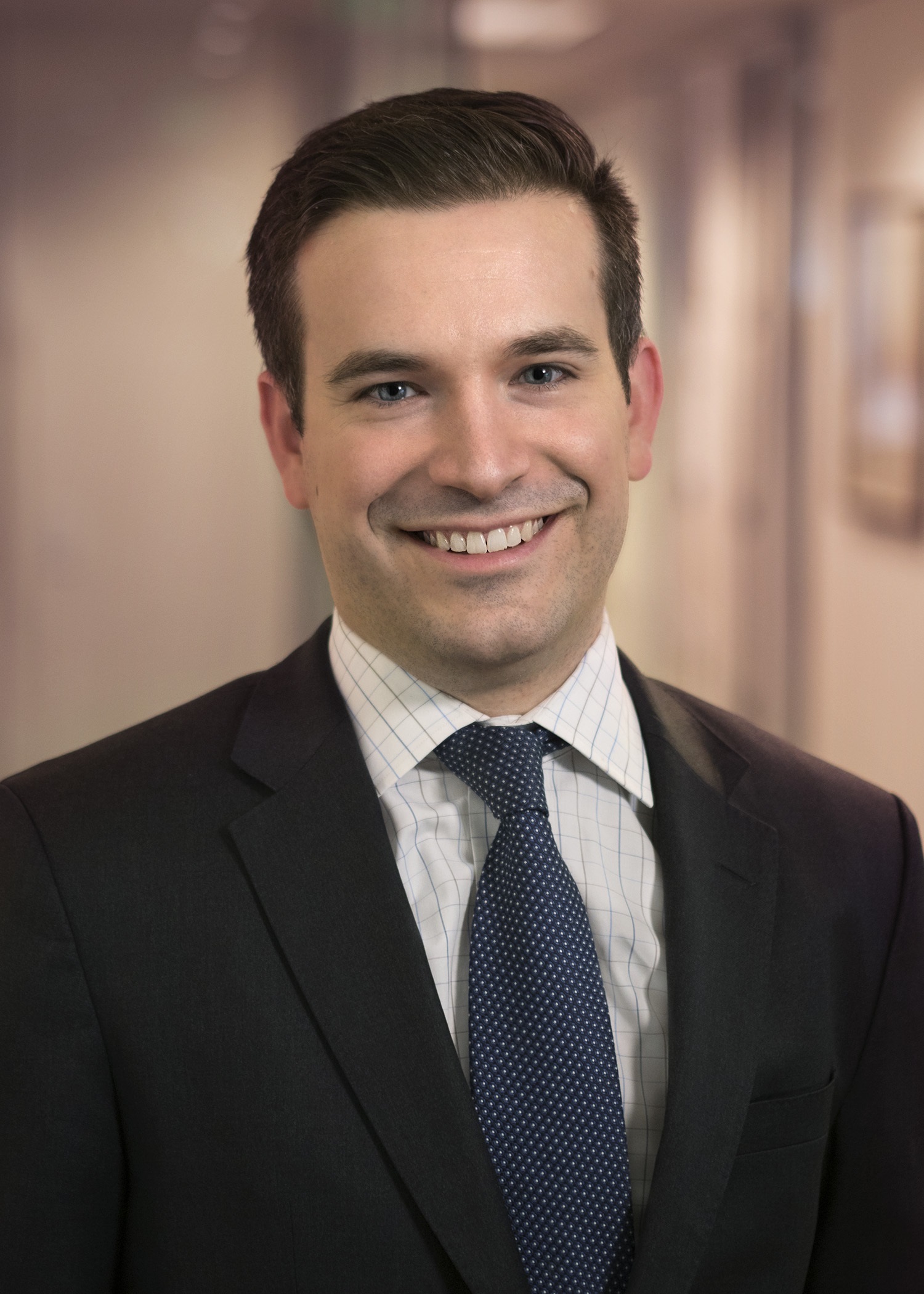
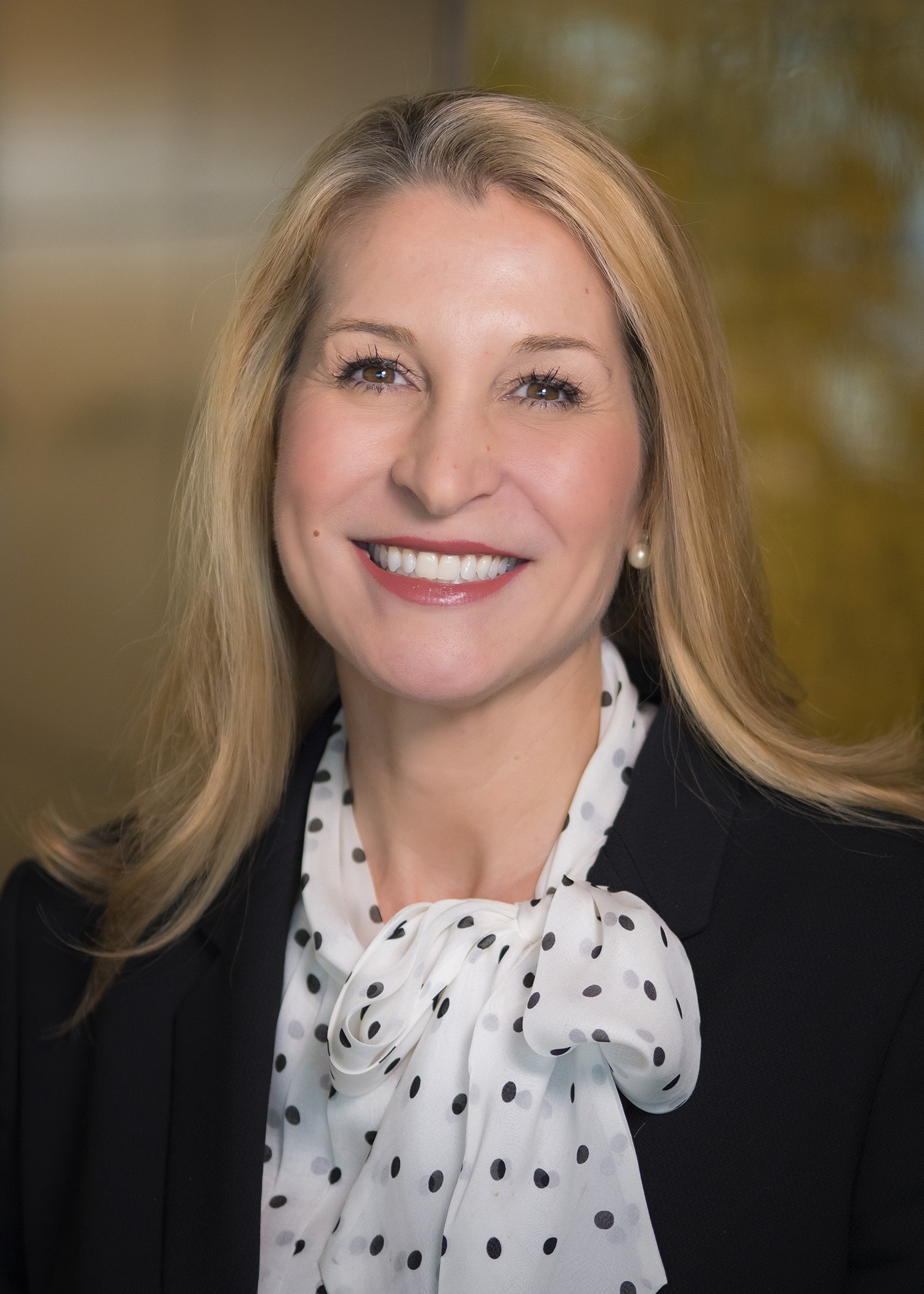
Peter Jones, CFA, joined Ferguson Wellman Capital Management in 2015 and is Vice President of Research. Mr. Jones leads the firm’s Global Sustainable Investing strategy team, is an analyst and a member of the firm’s investment team. He develops and manages the multifactor model used by the investment team for its equity selection process.
Mr. Jones also provides research support for equity strategies and sectors for all portfolios as well as performance analysis for client meetings. Mr. Jones is a native of Portland and graduated from the University of Portland with a B.A. in political science and minors in Spanish and psychology.
Tara Kinateder is an Executive Vice President, a member of Ferguson Wellman Capital Management’s wealth management team and a member of the firm’s Global Sustainable Investing strategy team. Ms. Kinateder is a portfolio manager with clients concentrated in Oregon, Washington and California. She specializes in wealth management planning and preservation through asset allocation and cash flow analysis.
Ms. Kinateder is passionate about guiding individuals and families as they plan for their financial futures by focusing on long-term goals and helping them navigate ongoing life changes. Prior to joining Ferguson Wellman, Ms. Kinateder was a senior vice president and market leader for the Portland, Oregon, office of U.S. Trust. Previously, she worked in New York and Seattle for Alliance Bernstein Wealth Management as a financial adviser and strategic consultant, respectively.
Raised in Georgia, Ms. Kinateder earned her B.A. from Brenau University in Gainesville, Georgia, with a double major in journalism and business, graduating magna cum laude. She received a certificate in personal financial planning from the University of Washington’s Michael G. Foster School of Business and a certificate in investment strategies and portfolio management from the University of Pennsylvania’s Wharton School of Business.
In this exclusive 3,939 word interview with the Wall Street Transcript, Ms. Kinateder and Mr. Jones detail their investing strategy and top picks for investors.
“Global Sustainable Investing — GSI — is the name of our ESG strategy. I would say that ESG and being socially responsible with your investing has really been a part of a topic of conversation for decades. The reason for launching our new investment strategy is to satisfy increasing client demand with a solution that incorporates environmental, social and governance factors with our investment process.”
Read the entire 3,939 word interview in the Wall Street Transcript and get the complete picture.
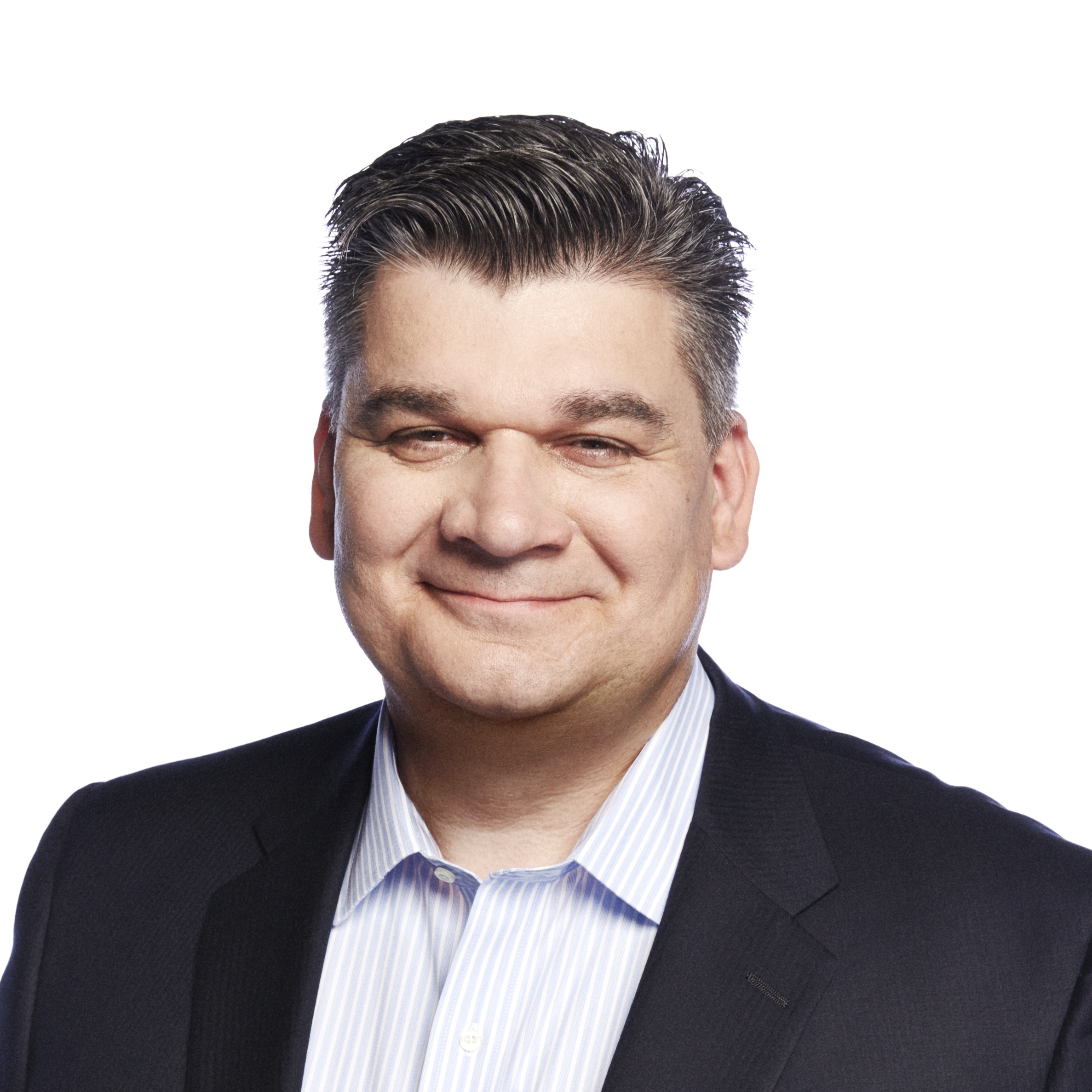
Peter Strzalkowski, CFA, serves as Co-Team Leader of OppenheimerFunds’ Investment Grade Debt team and is a Portfolio Manager of the Total Return Bond Fund, Oppenheimer Limited-Term Government Fund and Oppenheimer Limited-Term Bond Fund.
Before joining the firm in August 2007, Mr. Strzalkowski served as Managing Partner and Chief Investment Officer of Vector Capital Management, LLC, a structured products money management firm he founded. He received a B.S. from Virginia Commonwealth University.
In this exclusive 3,464 word interview, Peter Strzalkowski explains his investing process in detail.
Mr. Strzalkowski is looking to create alpha above the broadest investment benchmark he can:
“We’ve been slowly de-risking the portfolios as risk premia has come down. We get paid less, so we have less risk on, but that’s still an overweight. And when it comes to mortgage, agency mortgages, we are flat to the benchmark.
When it comes to asset-backs, we’re definitely overweight, and I’m not sure if we’re overweight versus our competitors, but we definitely have an overweight in asset-backs, specifically auto ABS. We do not hold any student loan ABS. We have a small allocation to credit card ABS, and we have a small allocation to private label mortgages, but those are all legacy deals from 10 years ago. They’re just stored in our books.”
“I have fixed currency in terms of risk and where I spend it; I try to do the best possible places, interest rates is another of them. However, this is a big caveat here, whenever the Fed is on the march, whether it’s easing or tightening, the front end of the curve is always affected first, and it has not been any different this time.”
Creating value above benchmark returns is a constant deployment of investment decisions, read the entire 3,464 word interview with Peter Strzalkowski of OppenheimerFunds in the Wall Street Transcript to get the complete detail.


Thomas W. McDowell is Chief Executive Officer and Chief Investment Officer at Rice Hall James & Associates, LLC. He has been with the firm for 34 years and has 38 years of industry experience. He works on the SMID Cap Equity, Small Cap Equity and Micro Cap Equity strategies.
He started at the firm as a portfolio manager and analyst. He assumed leadership of the company in 1994. Earlier, he was a portfolio manager at California First Bank and specialized in the consumer-related industries. He received a B.A. from the University of California, Los Angeles, and an MBA from San Diego State University.
Cara M. Thome is a Portfolio Manager and Analyst at Rice Hall James & Associates, LLC. She has been at the firm for 17 years and has 21 years of industry experience. She works on the SMID Cap Equity, Small Cap Equity and Micro Cap Equity strategies.
Before joining the firm, she worked as an analyst at the equity research department at George K. Baum & Company. She received a B.A. from Truman State University and an M.A. from the University of Exeter.
In this exclusive 3,718 word interview with the Wall Street Transcript, these two award winning portfolio managers explain their top picks in detail.
“Our style is sort of the traditional growth at a reasonable price — GARP — style. We might be the last GARP manager out there at this point. And we’re all generalists here. We have a team of six people plus our CEO, Tom McDowell. Typically, what we look for are growing companies, companies that are growing earnings 15% to 30%, with some kind of valuation that looks attractive.
So we’d look for a p/e of less than a three-year earnings growth rate, or we’ll look at other valuation metrics, just something that demonstrates that the stock is somehow undervalued relative to what we think it’s worth going forward.
We also try to identify an inflection point in the stock…”
To get the full interview with all the top picks from Cara Thome and Thomas McDowell, read the entire 3,718 word interview in the Wall Street Transcript.
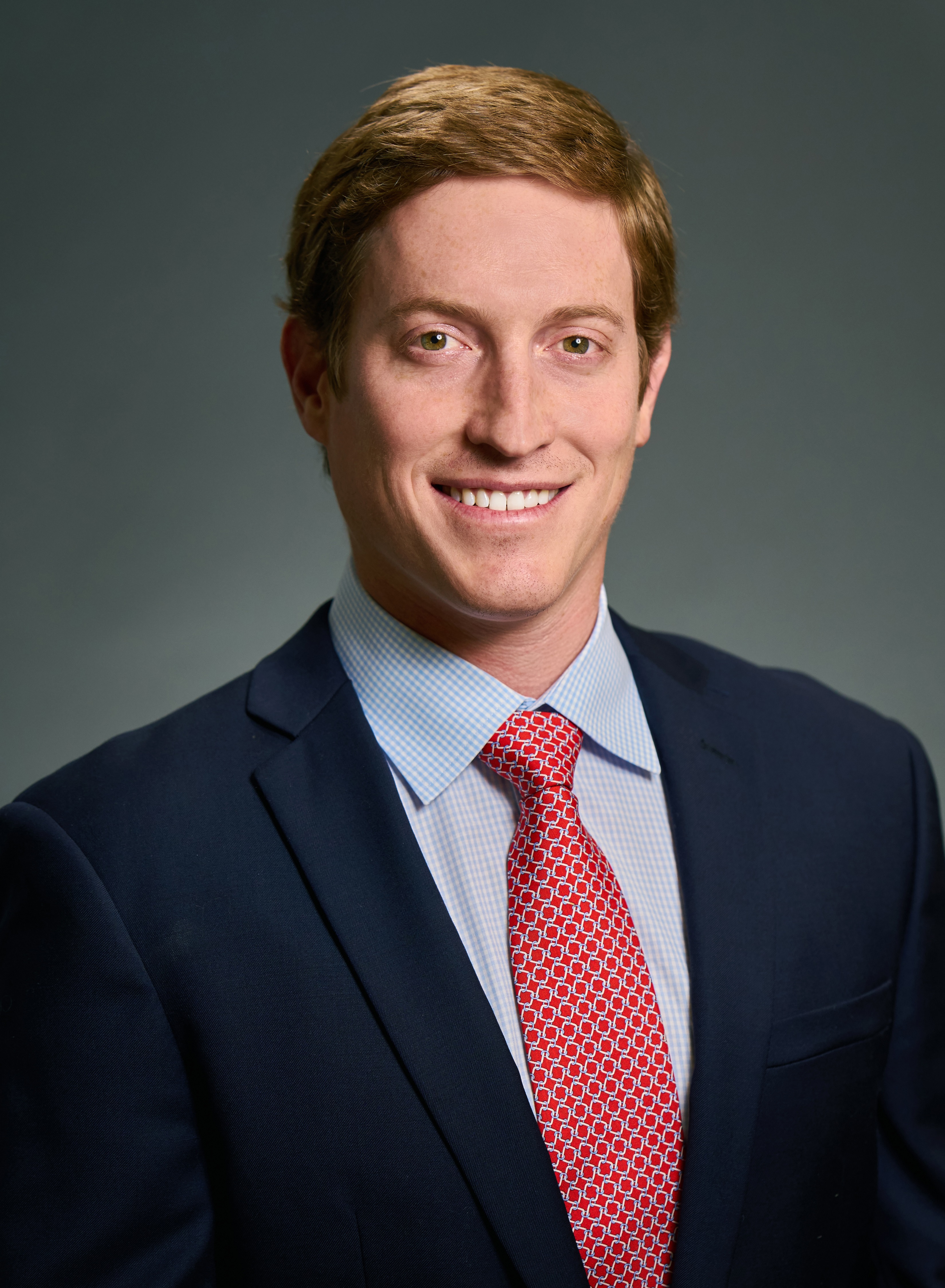
Clay Kirkland, CFA, is a Vice President and Portfolio Manager at Intrepid Capital. He is the Lead Portfolio Manager of the Intrepid Disciplined Value Fund and the separately managed Intrepid Disciplined Value portfolio. He is also the Co-Lead Portfolio Manager of the Intrepid Select Fund and the separately managed Intrepid Select portfolio.
Mr. Kirkland focuses on research and valuation of mid- and large-cap equity securities. A CFA charterholder, he earned an MBA from Columbia Business School and received a B.S./B.A. degree, cum laude, in economics from Auburn University.
His top picks are detailed in this exclusive 2,845 word interview in the Wall Street Transcript.
“The Disciplined Value Fund is really an all-cap strategy, but little bit more of a focus, I would say, on midcap names right now. The median market cap for the portfolio is about $9 billion. We have the flexibility to go up as large as Apple (NASDAQ:AAPL) and down to some very small or microcap names.”
The cash portion of their portfolio is a great indicator of their current view on valuations:
“One thing in particular to point out is, we are very valuation-sensitive. As valuations get very elevated or extreme, we will hold more cash. Therefore, in a bull market, late in a cycle, we tend to hold much more cash than the typical fund or our peers. We do this for a few reasons. One being, we don’t want to overpay for a security, and first and foremost, we want to protect capital on the downside. ”
Their in-depth research leads to specific stocks priced below intrinsic value:
“We’re not even assuming that Family Dollar gets close to the margins of Dollar General, which is the best comparison for the banner. Even if they improve to half the margin or if they bridge the gap halfway between current Family Dollar margins and Dollar General margins, you’d see a drastic improvement overall in the financials for the enterprise of Dollar Tree. So right now, as I mentioned earlier, the market is assigning about $2 per share worth of value to the Family Dollar banner, we think it’s worth significantly more.”
Get the complete detail on all these picks and more by reading the entire 2,845 word interview in the Wall Street Transcript.